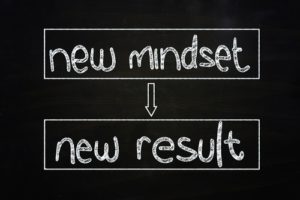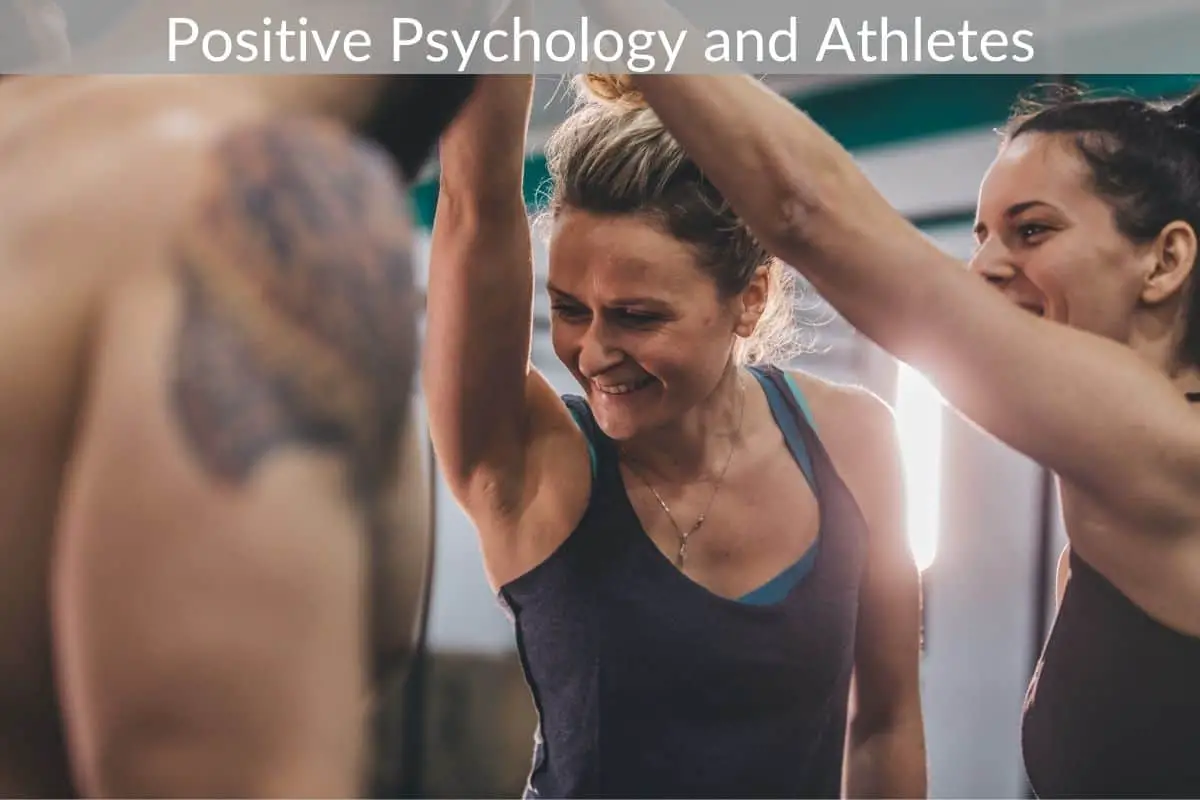Table of Contents

![]()
![]() Very few people are taught HOW to be happy or to build on their strengths.
Very few people are taught HOW to be happy or to build on their strengths.
And most people think of psychology as looking at and addressing problems.
These two notions keep some athletes from seeking sport psychology services since they may view seeing a psychologist as a weakness or themselves as having problems.
But the reality is there does not have to something wrong for an athlete to seek sport psychology services. In fact, athletes can seek it to learn more about how to become stronger mentally and emotionally. It might be similar to an athlete seeking new work-out regimes as she or he continuously wants to improve.
This is where sport psychology and positive psychology can intersect. Positive psychology is a branch of psychology looking at emotional health or the well being of people. The field is interested in the ideas of flow, optimism, and hope. And how to build strengths in people.
Dr. Martin Seligman is considered one of the main researchers in the field of Positive Psychology and is the director of the Positive Psychology Center (PPC) housed at The University of Pennsylvania.
*This post may contain affiliate links. As an Amazon Associate we earn from qualifying purchases.
What is Positive Psychology?
Positive Psychology is the study of happiness and what makes life worth living. I like the words of Christopher Peterson who wrote in Psychology Today that Positive Psychology is a science that studies what makes life worth living. He states that psychological practice should be as concerned with strengths as it is weakness. Some of the findings coming from the research in this field are really important for athletes, coaches and others involved in athletics.

Research From Positive Psychology
Finding One:
Social relationships are very important and offer a buffer against the disappointments presented in life. Other people really matter in terms of feeling life is worth living.
Finding Two:
Money makes a contribution to well being but happiness appears to increase if it is used to help others or buy something for someone.
Finding Three:
Good days appears to have some themes: feeling of autonomy, feeling competent, and feeling connected to others.
Finding Four:
A compassionate heart helps more with well being than does critical thinking.
Findings Can Help Athletes
Social relationships appear to be a strong buffer or help people be resilient during difficult days. This makes me think how important it is to nurture relationships among team members, or within clubs and even with having a training partner. These relationships can be extremely important with building a sense of happiness. Athletics also offers a venue for building a feeling of competence. But it might also be important for coaches to highlight strengths as a way to build a sense competence. Think of how often athletes are told what’s wrong with their play or form. I think this can be important but even more beneficial would be to point out what is right or what they are doing well. This includes one’s own internal critic…….how often do you focus on your weaknesses, what needs to be better, etc. This research indicates you also need to acknowledge what is going well in order to build happiness and well being. Isn’t this what we hope to also get from athletics?
Finally, another way to facilitate the growth of well being or happiness might be to dedicate a race or competition for something or someone. Many athletes already do this, so do some teams. Keep doing this if you want to build resilience and your happiness meter.

